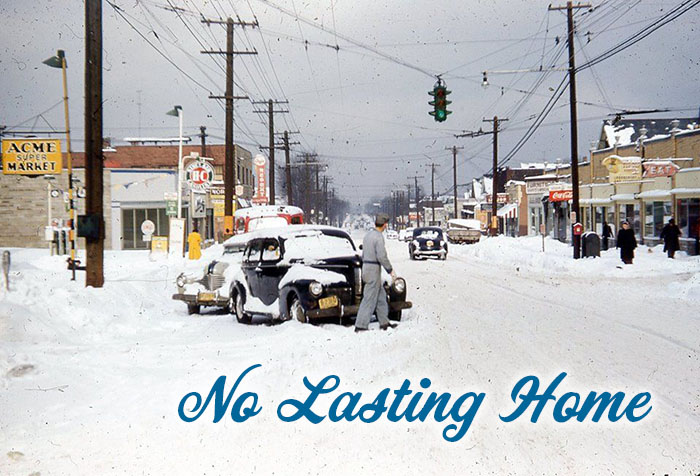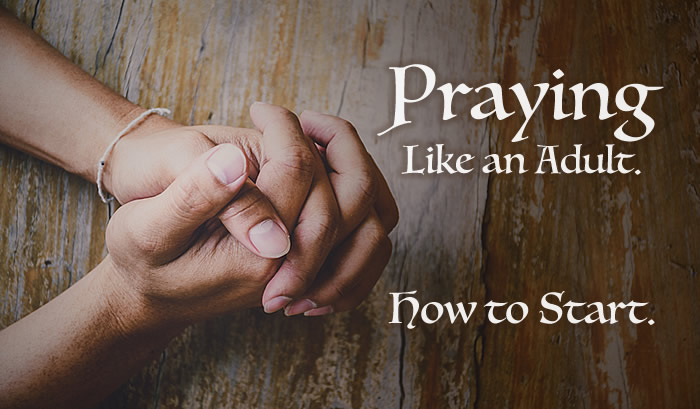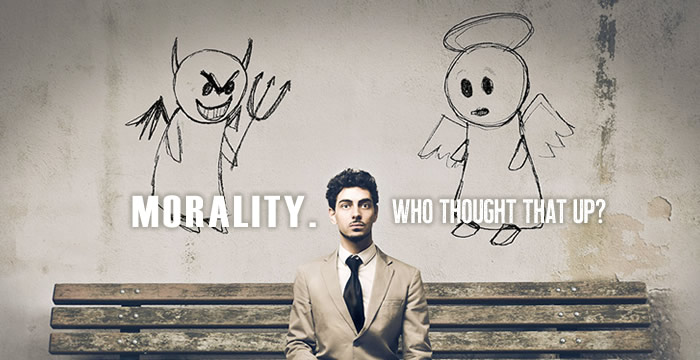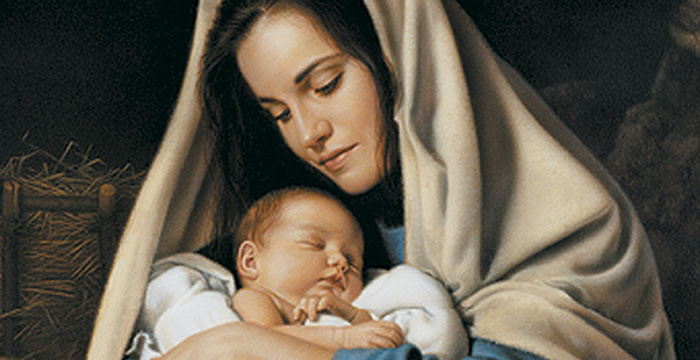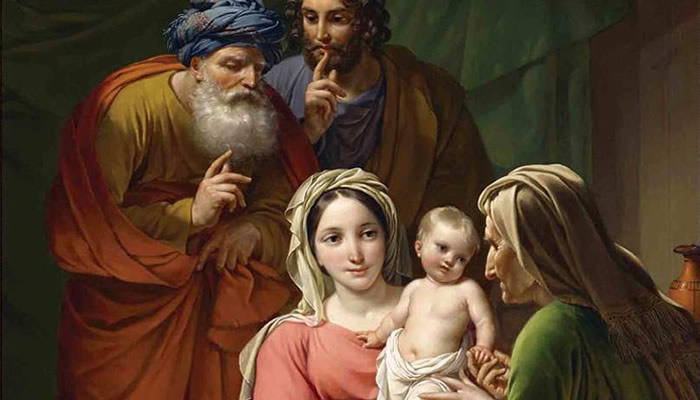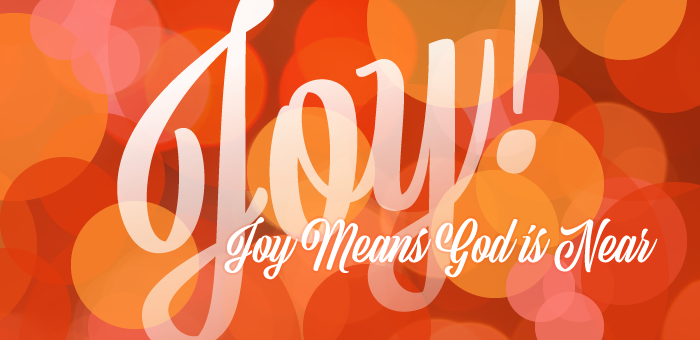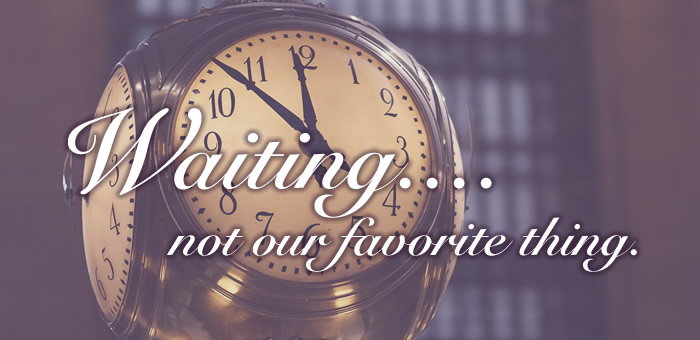
W. B Yeats called it the ever “widening gyre” *. The image was of a falcon and the falconer who calls the bird to its roost. The bird has flown to a distance it can no longer see or hear its master. “The falcon cannot hear the falconer. Things fall apart. The center cannot hold.” The poem refers to the forces of history or culture that take a person and a civilization away from their true self.
Something like this happens in every age of history. Its effects appear in our culture today and our young people are most severely affected. We’re losing a sense of our center, our true selves, and what is most disconcerting – – we don’t sense the loss. The forces that separate falcon from falconer are many and complex. To keep it simple we can point to an imbalance of the “inner world” and the “external world”.
The inner world refers to that realization a person has of himself. His center. His likes and dislikes, personality, characteristics and values. It’s our soul, our center. It’s the “me” that turns when I hear my name called.
The “outer world” of course, is that environment outside ourselves; events, persons, circumstances in which we act and are acted upon. Some have called it “the daily grind”.
Between these two poles, my human life happens. I go out of myself to encounter the world and the people it brings. Then I return to the inner world and the conversation begins. “What was that? Why did that happen? Did I do the right thing?”, etc.
These two poles of life, the going out and the returning “home”, need to be in balance. The problem is the world with its unending chatter of social media, news and entertainment, overwhelms the “inner person.” There’s no home in ourselves to return to. We are in turmoil. Things fall apart.
In those rare moments when television or internet are turned off, we can grow restless or slightly embarrassed to be “alone with ourselves”. The sudden quiet catches us off guard and in the silence a weird feeling of being a stranger to ourselves comes over us.
To meet ourselves in such a moment can even frighten us. “Who is this person? It’s ME!!” Oh dear. Me. “What am I going to do with me?”
And so we check our email, text someone, see what’s on TV, phone somebody . . . anything to avoid being with myself.
This estrangement from ourselves has sad consequences for our relationship with God. How can we hear the voice of God if we can’t hear the voice of our own conscience. (that inner voice urging us to “do this.” Or, “don’t do that” Or, “good job!” Or, “shame on you.”)
Remember Jesus telling us “when you talk to God (pray), go to your room. Close the door. And pray to your Father in secret.” Mt. 6:5,6? Why in secret? Because the way God chooses to speak to you is as a friend. And friends give each other their full attention. A friend speaks personally to you like no other, many times quietly, just between the two of you.
In the quiet, over time, we return to ourselves and begin to hear things in our heart once again. I remember one year on retreat at a monastery walking down a country path. Suddenly it happened . . . I heard the wind blowing through the trees. I mean I HEARD THE WIND. I heard it because I was LISTENING.
Later on, if you continue to listen, you can hear the things your heart has wanted to tell God. “Lord, it’s me. I just want to tell you . . .” Many times it’s just being aware of your feeling and giving them to God “who sees.”
So how to end this? Get quiet. Put down the iphone. Come home to yourself. Reacquaint yourself to what you’re feeling, thinking, loving, fearing. Then. . . turn to Him. Speak anything (anything!) you want to get off your chest, be grateful for, need help with.
He is there. “Your Father who hears in secret. . . knows what you need.” Mt. 6:8
That is a promise from Christ. Trust Him.
Fr. Tim
*W.B. Yeats, The Second Coming

